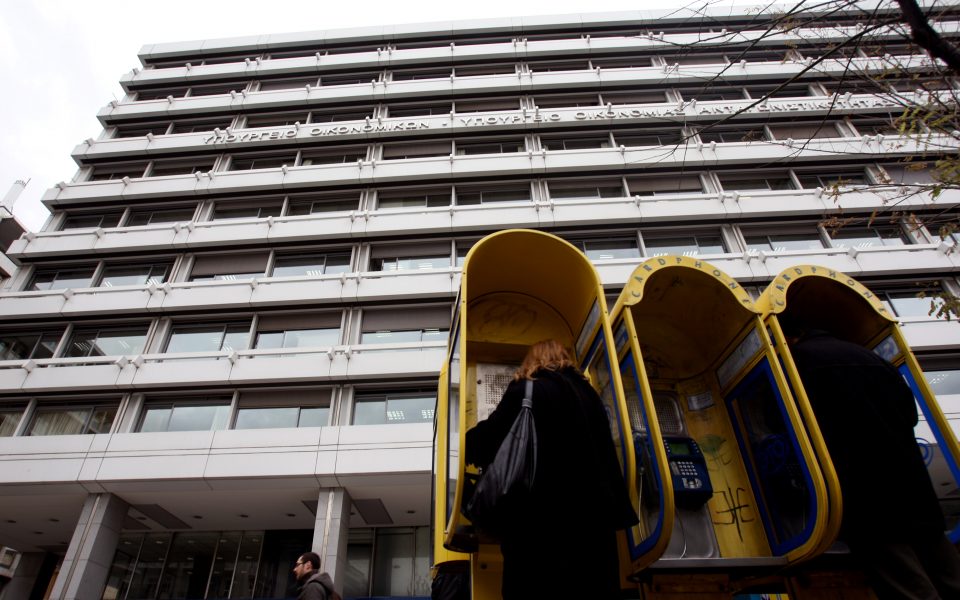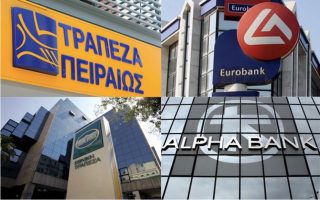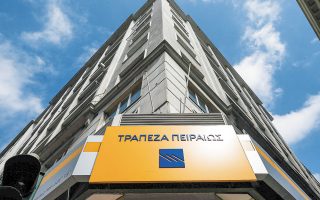Enhanced surveillance and junk status

After 11 years, three bailouts, untold suffering and heavy sacrifices by the Greek people, Greece is still under a regime of enhanced surveillance by the European institutions. It had been agreed during the SYRIZA administration that the period of this supervision would end in August this year.
Thus, in six months’ time, the country is set to come out of the “enhanced” surveillance and will remain in a state of “simple” supervision – one step below. It will remain in that category until it repays 75% of its debt to the European Stability Mechanism (ESM), that is, 150 of the approximately 200 billion euros it owes. Obviously, the road ahead will be long.
For now, what matters is how we get out of enhanced surveillance, what we will have achieved by then, and how positive the evaluations that accompany the surveillance will be. These things matter because they will affect the most decisive development: the assessment of the country’s international creditworthiness – an assessment that translates into a lot of money. It will directly affect the cost of servicing our public debt, a cost that – despite the support the European Central Bank provides – is growing.
The general rise in interest rates means it will take longer to reduce this cost. The Bank of England has raised interest rates for a second time in three months, by 0.25 points to 0.5%. The US Federal Reserve is expected to raise its interest rates by at least 1% this year, starting in March.
Other countries, such as Norway and Brazil (raised 7% in 12 months), have already increased them to curb inflationary pressures. And, most importantly for us, on Thursday, ECB head Christine Lagarde indicated that interest rate hikes are coming closer for the European Central Bank. What does this mean?
After 11 years, three bailouts, untold suffering and heavy sacrifice, Greece is in a state of enhanced surveillance on the one hand and, on the other, its credit rating is in the “junk” category. It is shameful for the country. Its creditworthiness must rise two notches to reach investment grade before the end of 2022.
“The upgrade of our country’s credit rating must become our national goal,” insists Yannis Stournaras, the governor of the Bank of Greece. And he is right. Achieving this is the first and most immediate goal and will facilitate the second: strong, sustainable economic growth. Are we heading that way?
Things are getting worse in the pre-election period that was unofficially heralded with last month’s three-day, off-topic and pointless debate in Parliament during a confidence vote. They got worse still after that, with a toxic confrontation between the two main parties, featuring extreme polarization and unprecedented impropriety: The main opposition SYRIZA party claims that shady characters have access to the prime minister’s office, while New Democracy cadres blame the center-left Movement for Change (KINAL) because it refuses to participate in the mudslinging.
Things are also getting more difficult with the lavish spending of taxpayers’ money: benefits and exemptions for everyone, resulting in (unjustified) tax relief for the wealthy and an imperceptible change for the financially weaker.
What is needed is strict and fair management. No tricks. For example, the 2021 budget closed with a deficit of one percentage point lower than the government projected and this was used as a basis to draw up this year’s budget. Strict management would mean that the corresponding target for 2022 would automatically be reduced by that one percentage point. Instead, the government is using it as an ace up its sleeve for pre-election handouts, even to large property owners.





